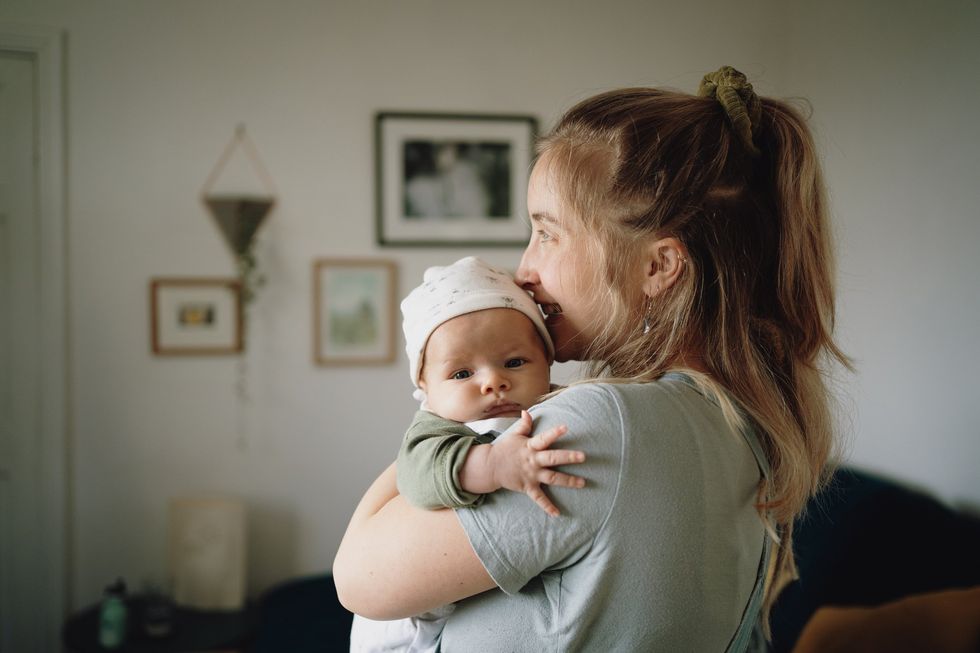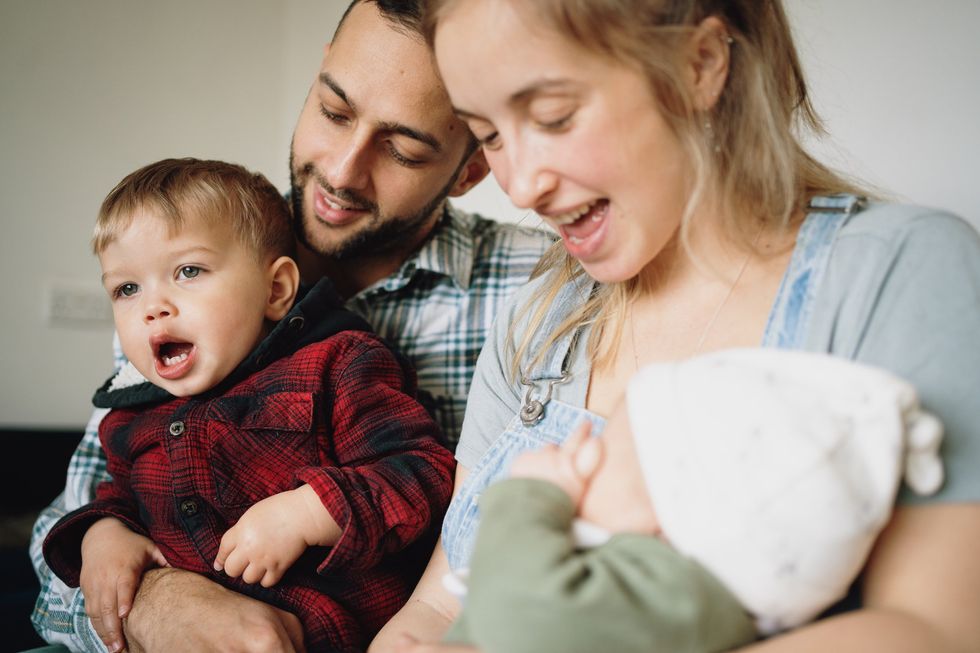Mothers lose more than £65,000 in earnings after first child

ONS data shows monthly pay falls by 42 per cent and employment prospects drop for up to five years
Don't Miss
Most Read
New figures from the Office for National Statistics (ONS) show mothers lose more than £65,000 in earnings in the five years after having their first child.
The data reveals monthly earnings fall by 42 per cent compared to pre-birth levels, an average loss of £1,051 a month.
The analysis tracked women who gave birth between 2014 and 2022.
It shows the impact goes well beyond maternity leave, with employment prospects also suffering.
TRENDING
Stories
Videos
Your Say
The likelihood of being in paid work drops by as much as 15 percentage points after a first child.
Losses compound with each additional child.
Mothers typically forgo £26,317 after a second birth and £32,456 after a third.
The study, based on 249,480 women across England, found financial impacts begin immediately.

Once parental leave ends, the gap remains
|GETTY
In the year following a first birth, monthly earnings fell by up to £1,553.
The fall was £965 after a second child and £665 after a third.
Once parental leave ends, the gap remains.
Five years after a first child, mothers were still earning £948 to £1,051 less per month – a reduction of 37.9 per cent to 42 per cent.
Employment prospects also remain lower.
After five years, the probability of being in paid work is still 11.2 percentage points below pre-birth levels.

Five years on, mothers are still 11.2 percentage points less likely to be in paid work compared to before childbirth
|GETTY
Kelly Parsons, head of pension proposition at consultancy Broadstone, described the findings as evidence of a “mum tax” creating “a financial straightjacket that continues to tighten years after childbirth”.
She said: “Losing more than £65,000 in earnings in just five years after a first child is a serious structural issue with long-term implications for gender pay equality, pension saving and economic growth.
“If we want to close the gender pay gap, we must move beyond acknowledging the motherhood penalty and start designing policies that dismantle it – from more affordable childcare and flexible working, to support that ensures women don’t pay the price of parenthood with their financial security.”
The ONS said the steepest income drop occurs in the first year, when most mothers take parental leave. But even after returning to work, incomes stabilise at much lower levels.
First-time mothers face a monthly shortfall of around £950 to £1,050 for up to five years.
Second births leave women earning around £348 less per month once back at work, while third births create larger losses – from £365 in year one to £689 in year five.
Among women who stayed in employment, earnings still fell sharply.
Those in paid work lost £64,715 over five years after a first child, with monthly earnings dropping by up to £1,765.
LATEST DEVELOPMENTS:

Second births leave women earning around £348 less per month once back at work
|GETTY
Even in employment, first-time mothers continued to earn £896 to £1,011 less per month than before birth throughout the five-year period.
The ONS said the pattern suggests structural shifts in working patterns, such as moves to part-time work or different roles, rather than temporary adjustments, with long-term consequences for career progression and lifetime earnings.
Vaila McClure, head of external affairs at Gingerbread, the charity for single parent families said: “This is a prime example of how the world of work doesn’t work for mums – and particularly single mums.
“This lost income is likely to be a key driver of the poverty that hits 43% of children in single parent households.
“At Gingerbread we regularly hear from single mums telling us they simply can’t find jobs that are both flexible and match their level of education and skill.
“This means too many women are forced to take lower paid roles that offer flexibility and allow them to care for their children.
“We need to see a dramatic improvement in the availability and affordability of childcare but this must be coupled with genuinely flexible work in all roles.”
More From GB News










